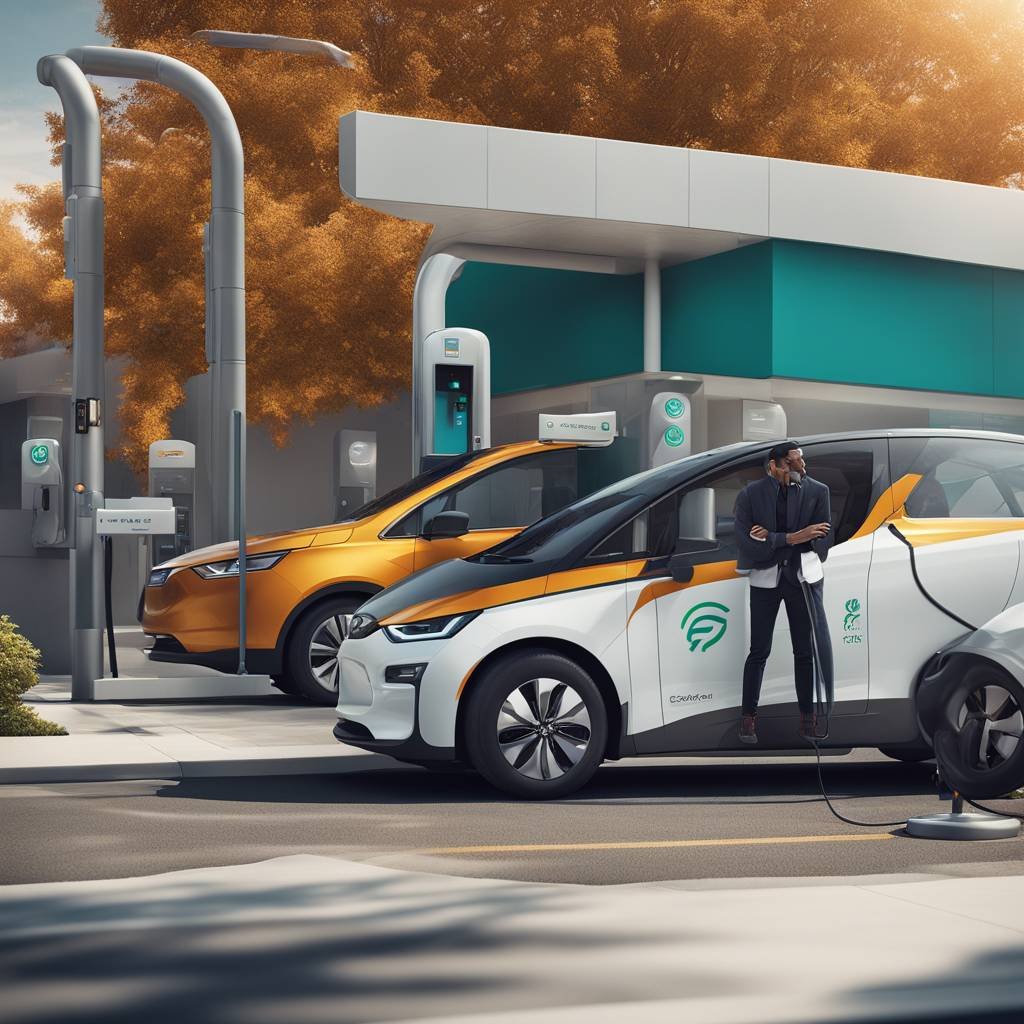Summary
– The Biden-Harris Administration is offering a $1.3 billion funding opportunity for EV charging and alternative-fueling infrastructure.
– The funding is part of the CFI program under the Bipartisan Infrastructure Law, aimed at accelerating clean transportation investments.
– The goal is to deploy a network of convenient, reliable EV chargers across the country, supporting zero-emission infrastructure and creating jobs.
– Two grant categories are available: Community Charging and Fueling Grants, and Alternative Fuel Corridor Grants.
– Eligible applicants include states, local governments, Indian Tribes, and U.S. territories, with applications due by August 28, 2024.
Article
The Biden-Harris Administration has opened applications for a historic $1.3 billion funding opportunity for electric vehicle (EV) charging and alternative-fueling infrastructure. This funding opportunity, part of the Bipartisan Infrastructure Law, aims to accelerate public and private investment in clean transportation in urban and rural communities, as well as along designated highways and major roadways. Administered by the Federal Highway Administration (FHWA), the program is available to state, regional, tribal, and local government entities to deploy EV chargers.
The funding opportunity is a critical component of the Administration’s charging strategy, addressing the need for charging at multi-family housing and other destinations where vehicles are parked. It also provides funding for zero-emission freight infrastructure, supporting the implementation of the National Zero-Emission Freight Strategy. The goal is to deploy a network of convenient and reliable Level 2 and DC fast EV chargers across the country, creating jobs and bringing the benefits of EVs to every American community. This aligns with the President’s goals of building a national network of 500,000 public EV charging stations and reducing national greenhouse gas emissions by 2030.
Previous rounds of funding have supported the construction of EV charging ports in multiple states and territories, but demand has exceeded available funding. The current round of funding reserves over $520 million for unselected first-round applicants who may be reconsidered. The program also provides funding for repair or replacement of broken EV charging ports. By modernizing the nation’s infrastructure and creating new job and transportation opportunities, the Joint Office and FHWA aim to position the United States as a global leader in electrification.
The CFI Program is divided into two grant funding categories: Community Charging and Fueling Grants, which focus on deploying charging infrastructure in urban and rural communities, and Alternative Fuel Corridor Grants, which aim to deploy infrastructure along designated alternative fuel corridors. Eligible applicants include states, metropolitan planning organizations, local governments, and more. The maximum distance from an AFC for EV charging projects has been increased to five miles, aligning with other eligible fuels and facilitating corridor connectivity.
Applicants must submit their applications by August 28, 2024, and previous unselected applicants have the opportunity to request reconsideration by July 1, 2024. The Joint Office and FHWA will host public webinars to provide more details on the funding announcement. Overall, the goal of the program is to accelerate the deployment of EV charging infrastructure, create jobs, and support the transition to cleaner transportation options. For more information on President Biden’s Bipartisan Infrastructure Law and investments in electric vehicles, interested parties can visit the FHWA’s website.
Read the full article here



